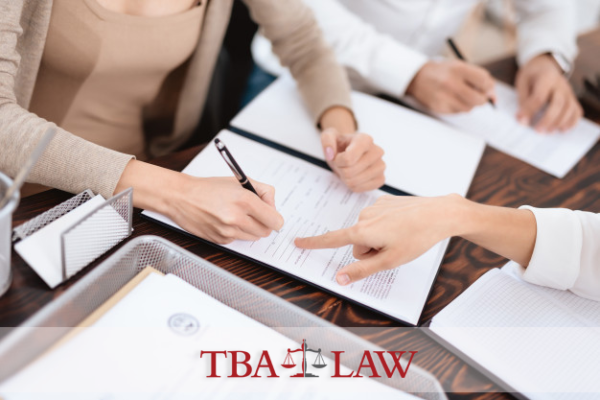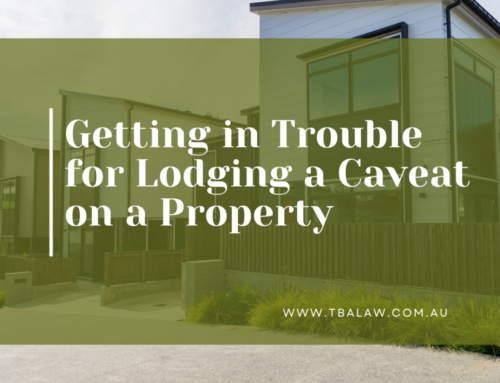Have you been served legal documents?
By Rochelle Manderson
In the second of our series on civil litigation, we will be talking defence. Our first blog in this series discussed commencing litigation against another party, but what do you do if you are the other party?
If you are served legal documents with any form of originating motion, contact us or contact your Solicitor immediately. There are serious time limits imposed by the Court to file your Defence, and you should never leave it to the final day to action this.

Never ignore a legal document if you are served. You need to respond whether you want to be involved or not. If you are an individual person, for the majority of matters you must be served personally. This means a person, usually a professional process server engaged by the law firm initiating the proceedings, will confirm your identity and hand you the documents. If you are a company, you can be served by post to your company’s registered address.
When you are served legal documents, you need to take notice of several things. Note the date you are served, the time starts from then. Also note the Court the proceedings have been commenced in, VCAT and the Magistrates Court differ slightly from the County Court and the Supreme Court. Read the document so you are aware of why you are being sued and what the other party is demanding.
If the preceding has commenced in the County Court or the Supreme Court, you will need to file an ‘Appearance’. This must be filed within 10 days of service. This signals to the Court you are going to defend the matter. This step is not required in the lower courts.
Then you must file your Defence. This is a document where you defend your actions against each allegation set out in the Originating Motion. This document must be filed within 30 days of service. Always be guided by your Solicitor regarding time limits for filing documents, they will know exactly when these documents will be required by the Court regardless of the Court or the type of matter.
You should engage a Solicitor to draft and file these documents. In the higher courts, or in very serious matters, your Solicitor may refer the matter to a Barrister to draft these documents. This is like your medical doctor referring your case to a specialist. Your Solicitor will liaise with your Barrister throughout your matter.
Your Defence will answer each allegation made in the document you are served. You must agree, not agree, or deny each allegation. If you do not, the Court will read this as you having agreed with the allegation. If you deny any allegation you must state why or your Defence will be thrown out. You must also file Overarching Obligations certificate, which will be discussed in a later blog.
If you do not file you Appearance and/or Defence within the specified time, there are serious consequences. The party litigating against you (the Plaintiff) can file documents with the Court for ‘Default Judgement’. When this is granted, you will have a judgement recorded against you. You will be liable to pay the amount the Plaintiff has demanded plus their costs, and you will not have had a chance to defend your position.
Finally, never wait until ‘the day before’ to speak to your Solicitor. Give them time to talk to you and draft a really good defence to start your case. You will be relying on this document throughout the process, and once your time is up it is very difficult to then amend your defence, so give your Solicitor the chance to draft a great defence for you first time, and file in plenty of time to meet the Court’s deadline.






Leave A Comment